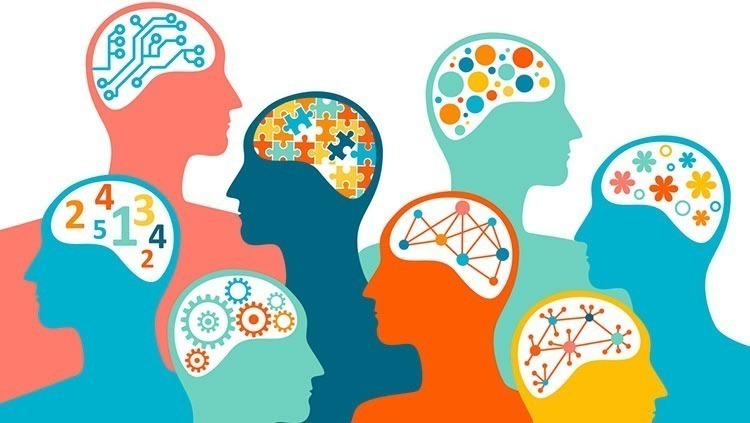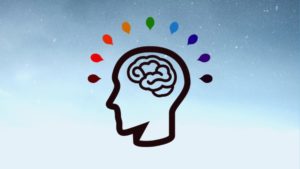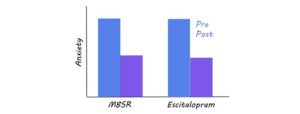On the 7 Habits of Highly Stress-Resilient Minds, cognitive screenings, anti-amyloid drugs, and more
 Welcome to a new edition of SharpBrains e‑newsletter, this time covering the latest developments in stress research, meditation, virtual reality, anti-amyloid drugs, cognitive screenings, and more.
Welcome to a new edition of SharpBrains e‑newsletter, this time covering the latest developments in stress research, meditation, virtual reality, anti-amyloid drugs, cognitive screenings, and more.
#1. The 7 Habits of Highly Stress-Resilient Minds
“Anything worth doing will have aspects of stress woven through: challenge, discomfort, risk. We can’t change that. But what we can change is our response” – Elissa Epel, Director of the Aging, Metabolism, and Emotions Center at UCSF
#2. Harnessing mindfulness and virtual reality simulations to maximize sports performance
Good tips and tools to “simulate or replicate real-world performance anxiety and pressure in a controlled way, allowing progressive and managed exposure to stress.”
“When people can come into a clinic and be seen by a psychologist or psychiatrist and given a full evaluation—where the [professional] can discuss with the patient the option of medication, psychotherapy, or meditation—that will be a good thing” — study’s lead author, Dr. Elizabeth Hoge at Georgetown University
Brave evidence-based decision, facing considerable pressure — “important questions still need to be answered to support people with Medicare, caregivers, and their referring and treating physicians to make informed, appropriate decisions about use of any drug in this particular class” … also, registry-based studies “may be used to assess whether outcomes seen in carefully controlled clinical trials (e.g., FDA trials) are reproduced in the real-world and in a broader range of patients.”

“…The test itself, the Linus Health Core Cognitive Evaluation, is comprised of a lifestyle-based questionnaire and a
digital cognitive assessment, which asks patients to remember three unrelated words, complete the clock drawing test, and repeat the three words. The tool then uses artificial intelligence (AI) to detect subtle signs of cognitive impairment and generates a score…“[Using that score,] they get a stoplight that’s green, yellow, or red. And the doctor can take a quick look at it and decide, ‘what do I do with this?’”
Unfortunate news from a pioneer in digital medicine, showing how hard it is to bring non-invasive interventions to market via clinical channels.
“We don’t really know the potential of the metaverse … including a potential “Medi-verse” that focuses on healthcare delivery. But … one thing that seems unlikely is us continuing to interact with the digital world through desktop computers, smartphones, and bulky headsets. More likely, we will interact with the digital world through voice recognition, eye tracking, and natural gestures like in the scenario above.” -- Dr. Cori Lathan, author of Inventing the Future: Stories from a Techno-Optimist
 #8. Ten resources, brain teasers and illusions to celebrate Brain Awareness Week 2023
#8. Ten resources, brain teasers and illusions to celebrate Brain Awareness Week 2023
We have brains; therefore we feel, and think, and are. Something we celebrated during Brain Awareness Week (March 13–19th) and can and should keep celebrating every day!
Have a great month of May

 #3.
#3. 
